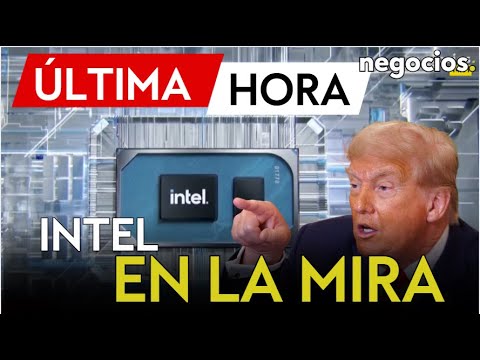
Donald Trump has once again turned on the debate on national security and Chinese influence in the US technology sector. This time, the focus is in the newly appointed executive director of Intel, Lip-Bu Tan, whom the former president demands that he resumes immediately due to what he considers a “serious conflict of interest.”
The requirement was made public through a message in Truth Social, the Trump platform, where he declared bluntly: “Intel's executive director is in a very conflictive situation and must resign immediately. There is no other solution.” The statement comes at an especially sensitive moment for Intel, a key company in the national semiconductor manufacturing strategy.
The trigger has been a letter sent by Republican Senator Tom Cotton to the President of the Intel Council, expressing concern for the investments of such in hundreds of Chinese companies dedicated to the manufacture of advanced chips and technologies. Cotton stressed that at least eight of those companies would have alleged links with the Chinese army, an accusation that has raised the tensions between the company and the Capitol.
The history of Tan has also been put under the magnifying glass. Before assuming command in Intel in March, he was executive director of Cadence Design Systems, a company that recently declared himself to violate US export controls by selling technology to a military university in China. This connection has fueled the questions about its suitability to lead one of the most strategic companies in the United States.
In response to the controversy, Intel has firmly defended its CEO, noting that both the company and so are “deeply committed to national security” and its role in the US defense ecosystem. In addition, they have confirmed that they will maintain direct communication with Senator Cotton to clarify the situation.
For its part, Lip-Bu has assured to have the full support of the Board of Directors of Intel and has taken the initiative to contact the White House to refute what qualifies as “wrong information” against him.
The consequences have not been expected: Intel's actions have fallen after Trump's statement, generating uncertainty between investors and analysts. In addition, the incident has reopened the debate on to what extent the presidential intervention in the internal affairs of a private company must arrive, and how to manage the thin line between global technological competition and risk for national security.





